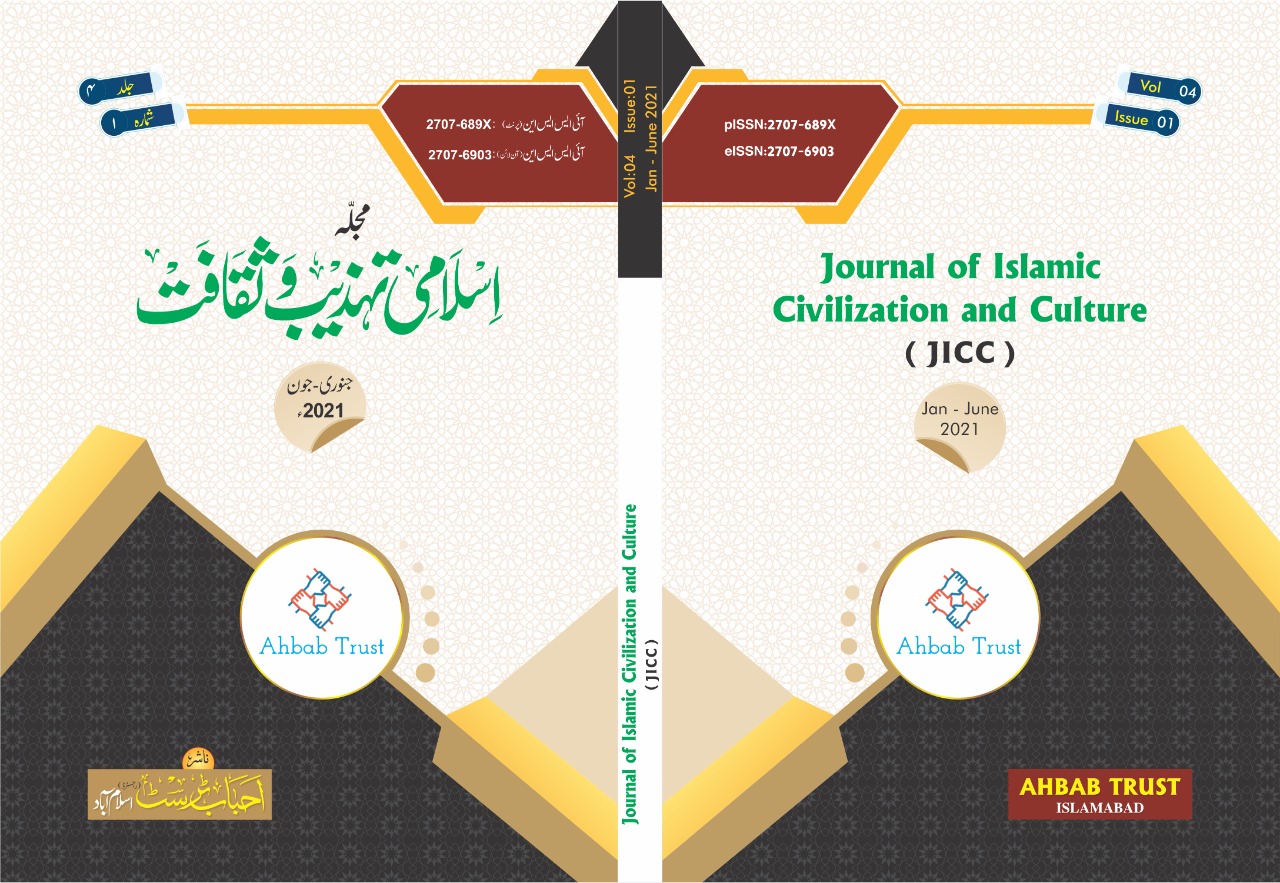Re-Orientalism, (Mis) Representation of Islam and Women Rights: Analysis of Pakistani Anglophone Cultural Production
Abstract
This study uses Lisa Lau’s concept of re-Orientalism as the theoretical underpinnings to analyze the selected South Asian Anglophone fiction. According to Lau (2009), the perpetration of Orientalism in South Asian literature in English is no longer an Orientalism propagated by the Occidentals but, ironically enough, by Orientals themselves. The colonial project of the wholesale stereotyping of the East by means of continuously repeating the negative image of its religions, people and culture did not end with the end of colonialism. The project to assign an inferior status to the people in the East and degrading their religion is still on; the only difference is that the role of the colonizers has now been taken by the comprador class, which is born and brought up here but which serves the agenda of the world powers. One of the instruments of this class is to launch a wholesale attack on Islam, and make attempts to negatively paint the whole religion by means of its widespread stereotyping. For that, cultural productions are seen as a potent tool in the great scheme of things. This is what the colonizers also did worldover when colonialism was on its peak. This study discusses Tehmina Durrani’s novel, entitled Blasphemy (1999), to analyze her dealing of Islam and the clergy in the literary text.





